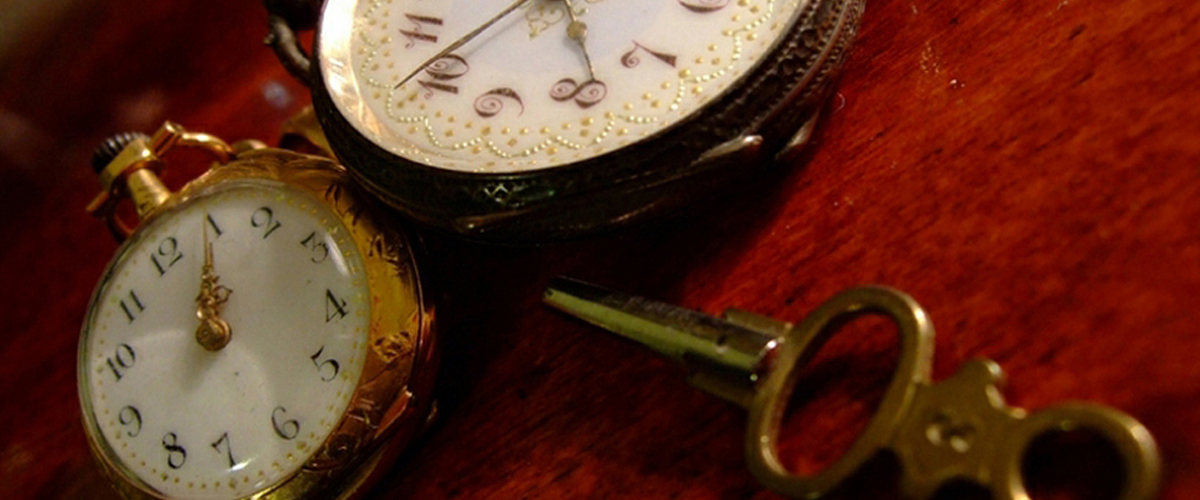Time is an essential factor in most professional presentations.
It’s important to keep yourself on a schedule not only before your speech, but after it as well. However, even with the precautions against poor time management, people still end up showing late to meetings and presentations.
As a listener, tardiness is slightly forgivable. As a speaker, however, being late could cost you your credibility and your listeners.
If you’ve been late to your own presentation before, repeating your mistake definitely sends out the wrong message. People might stop attending your talks once you’ve become associated with tardiness. It doesn’t matter if it’s five or thirty minutes. People will remember.
Be on time by following three tips:
Don’t Stall
Lateness is often associated with laziness. According to management consultant Diana DeLonzor in her book, Never Be Late Again, this image is countered by a type of tardiness that’s caused by wanting to cram too many things in too short a time. In trying to get everything done at once, you might lose track of time and forget to get going.
If you find yourself identifying as a crammer, don’t let it get in the way of proper planning. Keeping a timetable to track your progress avoids procrastination. The definite outline of a set schedule prevents you from squeezing in any extra last-minute activities.
Know what time your presentation is going to start and plan your agenda around that. Give yourself a five-minute allowance for any unexpected complications you may encounter mid-preparation. Having spent all your time, gather all the materials you need and leave.
Don’t stall with extra activities. Get up and go.
Prepare for Downtime
Studies show that late people are really afraid of being early. Being punctual may trigger a deep-seated fear of not knowing what to do.
For presenters, arriving before the audience causes anxiety while waiting for the room to fill up. In such cases, learn to plan for the downtime. You don’t have to sit idly and let your stage fright consume you. There are a number of helpful activities you can do before your presentation. You can start doing warm-up drills that can improve your body language. It’s also possible to do some breathing exercises to ease your nerves. Simple things like stretching and taking deep breaths will keep you preoccupied long enough.
Once you’ve established that you have something to do with the spare time, you’ll find it easier to come on time.
Be Mindful
The most effective way to combat lateness is to be mindful. Check the time every now and then to see if you’re still on track. You may lose yourself in preparation and forget about doing the other things you need to do.
Another timetable comes in handy here. Being aware of how much time you spend on a task lets you improve your pace. However, this isn’t limited to pre-presentation. You can also apply this to your actual speech. Monitor yourself as you speak and make sure to end on time. Keeping your audience longer than the allotted span will also frustrate them and make them zone out on you.
Conclusion
Learn to overcome your tardiness.
Don’t stall during your preparation. Once you’re done, head out the door. If you arrive early and get anxious with the long wait, prepare activities to keep you busy during the downtime. Be mindful of the time you spend on everything to avoid upsetting your audience.
Delivering a good presentation involves improving all aspects of your performance, including your time management.
Need help with your presentation? Contact our SlideGenius experts today and get a free quote!
References:
Durayappah, Adoree. “The Real Reason Some of Us Are Chronically Late.” Psychology Today. November 14, 2014. www.psychologytoday.com/blog/thriving101/201411/the-real-reason-some-us-are-chronically-late
“Here’s How You Can Stop Being Late All the Time.” Time. May 22, 2014. www.time.com/106815/stop-being-late
Featured Image: “Time” by Moyan Brenn on flickr.com



